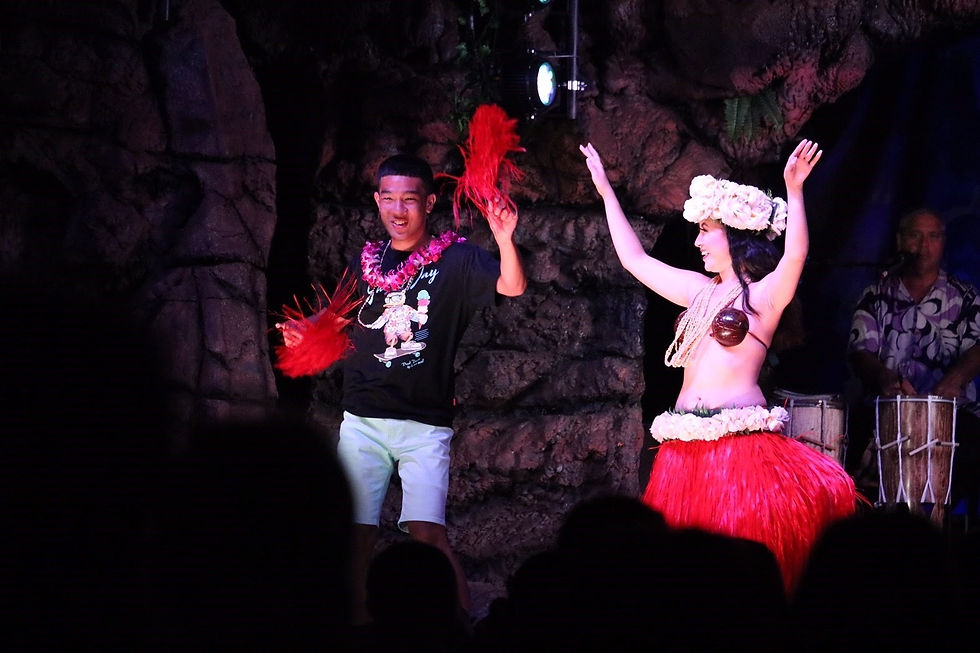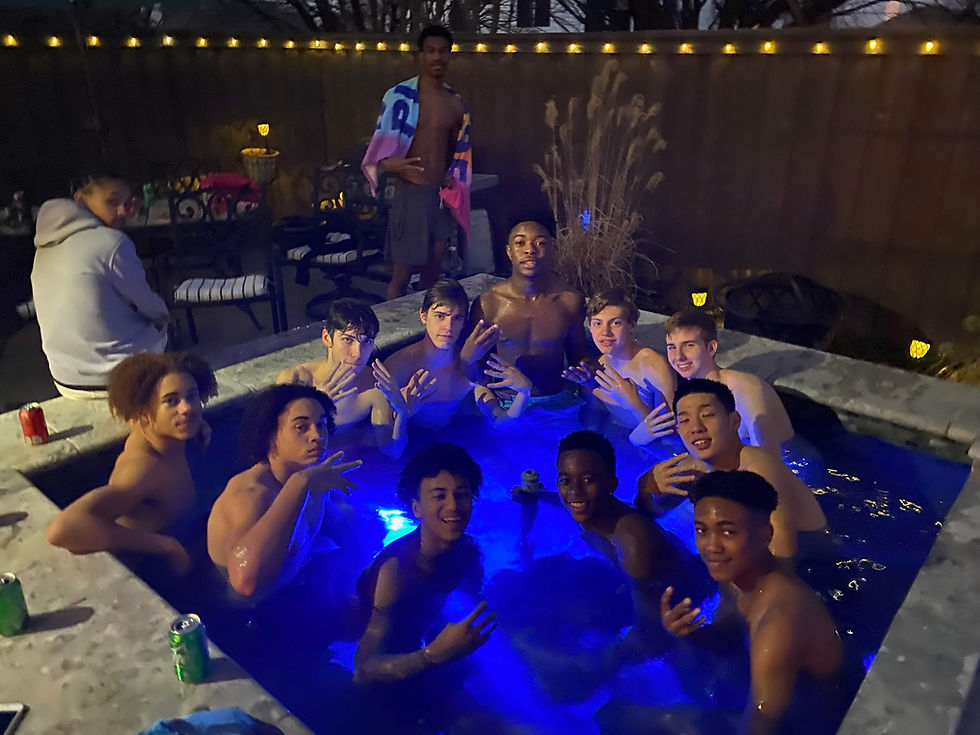Trying leads to beginnings
- IKKI OKUHIRA

- Jun 11, 2024
- 3 min read

When I was very young, I had no interest in learning English. However, as I got older and began to meet people from all over the world, I felt a desire to communicate with them. I decided to challenge myself. In order to overcome language barriers, you must not be shy, must not be afraid to make mistakes, and always do your best to speak your feelings.
When I was in 5th grade, one of my basketball teammates was a half-American boy. His father could not understand Japanese, so none of us could communicate with him. Everyone avoided conversations with my friend's father, but I wanted to share my feelings with him using my own voice. So I began to study English. If there was a word that I didn't know, I looked it up in a dictionary. I always carried a dictionary with me. I slowly began to pick up the language, and I wanted to speak with other people as soon as I could. However, when an actual American person appeared in front of me, I didn't have the courage to talk to him. My friend's father noticed, and in broken Japanese, said "arigato" to me. This gave me confidence.
At that moment, I realized that I didn't need to be able to create perfect sentences. It was more important that I first make the effort to speak and continue to challenge myself. From that point on, I pushed myself to communicate more and more, and I began to feel a sense of accomplishment. I have remained interested in English since then.
In November 2016, I received a letter. It was from Hawaii, and the entire letter was written in English. I translated it word by word, and discovered that it was a letter from a man named Taisho, a relative of my grandfather. In the letter, he said that he would be visiting Okinawa for the World Uchinanchu Festival, and wanted to visit our home. We were all very excited to hear this news.
When Taisho arrived in Okinawa, we found out that he was a very kind man. My family told me to translate our conversations, and I thought that I couldn't do it. But when we were introducing ourselves, Taisho said, "Mistakes are okay." I took those words to heart, and did my best to translate our family's conversations. I tilted my head to the side in confusion when there was something I didn't understand, and Taisho spoke slowly or used easier vocabulary words for me. This helped me a lot.
We had a welcome party that night and quickly became close. We played the Sanshin and sang songs together. When we sang, I noticed tears in Taisho's eyes. When I asked him why, he said that it wasn't our singing, but the sound of the Sanshin. I think this was an American joke. We taught him how to kachiashi, and he seemed to really enjoy the dance. He continued to dance that night, even after we took him back to his hotel.
He returned to Hawaii, and we kept in contact with one another. He sent us messages on LINE every day, such as, "Tomorrow I'm going hiking. Come with me!" I really wanted to visit him. So I did.
It was my first time overseas, and I had a really great time in Hawaii hiking mountains and fishing. The people of Hawaii were very friendly and easy to talk to. In Okinawa, we have a saying "icharibachode," which means everyone is friendly, but I was a little embarrassed to find that the people in Hawaii were more "icharibachode" than the people in Okinawa. I couldn't speak English back in 5th grade, but after two weeks in Hawaii, I could. I met many different people in Hawaii, and I now want to go to college there.
I was able to overcome a language barrier by not being shy, which allowed me to meet many people and open up new paths in my life. I am now excited to see where these paths take me. Trying leads to new beginnings.


learning a new language always opens a door somewhere